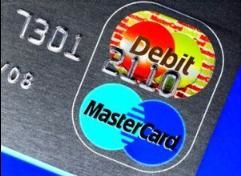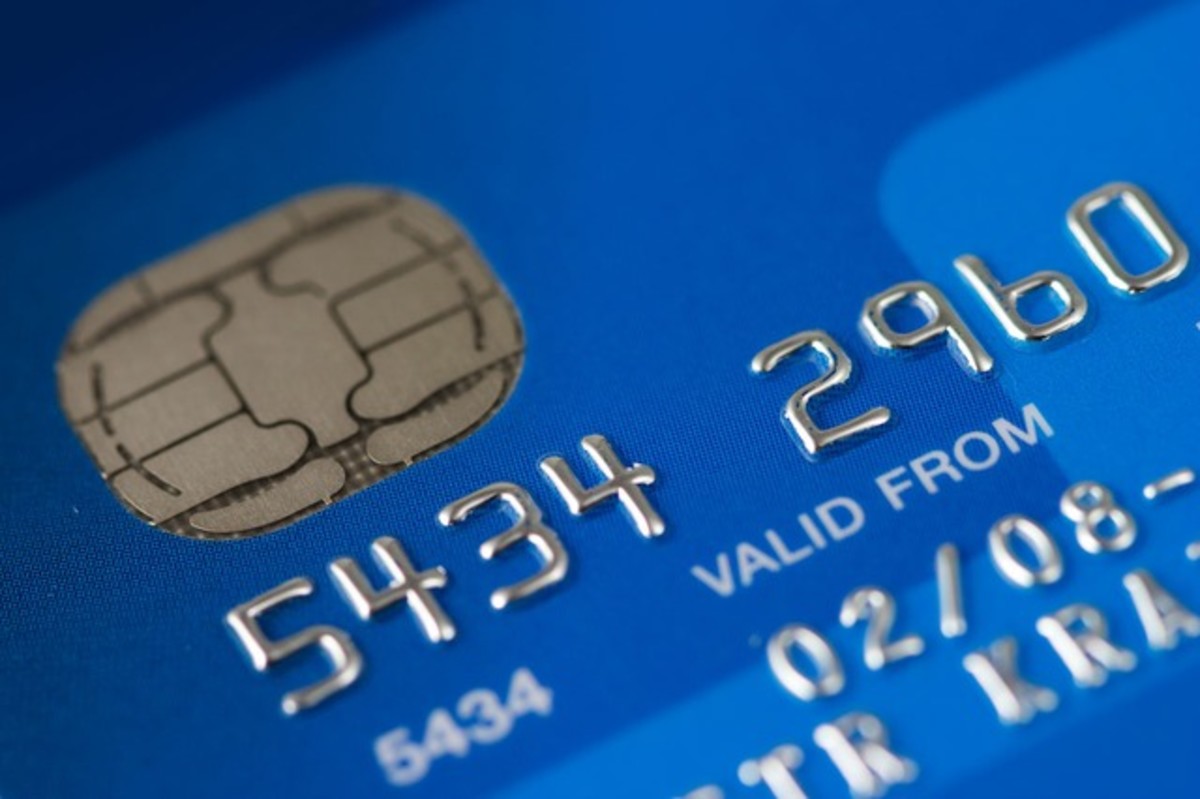Debit Cards Online
Debit Cards Online
One of the most useful purchasing methods available today is the debit card, and the use of debit cards online has skyrocketed over the past decade. Although debit cards have the look and purchasing functionality of a credit card, they differ slightly due to the type of processing that is performed on the back end. Debit cards are probably the most effective alternative method of payment to cash, since they act as an “electronic check” instead of a charge, as in the case of credit cards. In other words (or, in plain English), you have to actually have the money in your account for a debit card transaction to be processed. Debit cards are, in that sense, basically the same thing as paying with cash, since the funds will not be released for payment if they are not actually currently available in the account. Many have referred to debit cards as “check cards” for that very reason; they are essentially identical to writing a check, except it’s a “plastic check” instead of paper, and it doesn’t have the “float time” that a paper check does; whereas it may take up to 3 or 4 business days for the paper check to clear, a debit card transaction is almost always authorized immediately. One thing to note about using debit cards is that often merchants will authorize an amount on your card that’s more than the actual purchase. I found this out one time when my wife was ordering some photo prints online; the actual cost of the prints was only $5.03, but when I looked at my online banking statement, there were three charges of $5.03 in the “check card holds” section. This is actually a very common practice, where a company will authorize sometimes double the actual amount of the transaction until they can verify that funds are actually available in the account to take care of the purchase, and from there they release the funds and only charge the initial amount of the transaction. I have seen other cases, however, where the company will only add about $1.00 to the purchase amount as a hold instead of double the purchase amount. Under no circumstances should you ever be charged both amounts; when “the dust settles”, you should walk away only having been charged the actual purchase amount.

Debit Cards and Online Shopping
The use of debit cards online is a natural fit for e-commerce sites, and there’s always an ongoing debate about whether it’s better to use a credit card or a debit card for online purchases. One of the most obvious benefits of debit cards over credit cards is that no interest is added to your purchase. This, however, can be avoided by paying off the balance of the credit card in full before the end of the month; in that case, there really is no difference between the credit card and the debit card. There are some areas of buyer protection where the credit card offers significantly more benefits than the credit card. If your card is stolen or used for purchases without your permission, as in a case of identity theft, most credit card companies will only hold you liable up to $50.00. With a debit card, the threshold is much higher, with an average limit reportedly being $500.00. Also on the plus side for credit cards is the fact that more stores and retailers accept credit cards than debit cards. You can also save yourself a little bit of time in the checkout line when you’re using a credit card because you don’t have to enter a PIN (if you remember it at all). But again, credit cards can be a deceptive trap if you’re not “on top of things” financially…you can have an abstract conception of how much money you actually have to spend, which may result in you running your card up to the limit much faster than you would initially anticipate. With the debit card, the available funds are never really a mystery; it will always be no more than you have initially deposited. So as you can see, there are several benefits to using both credit cards and debit cards online; it’s definitely important to do your due diligence and find out which one is the best fit for you, so that you can make the most informed decision possible before swiping the ol’ plastic.








